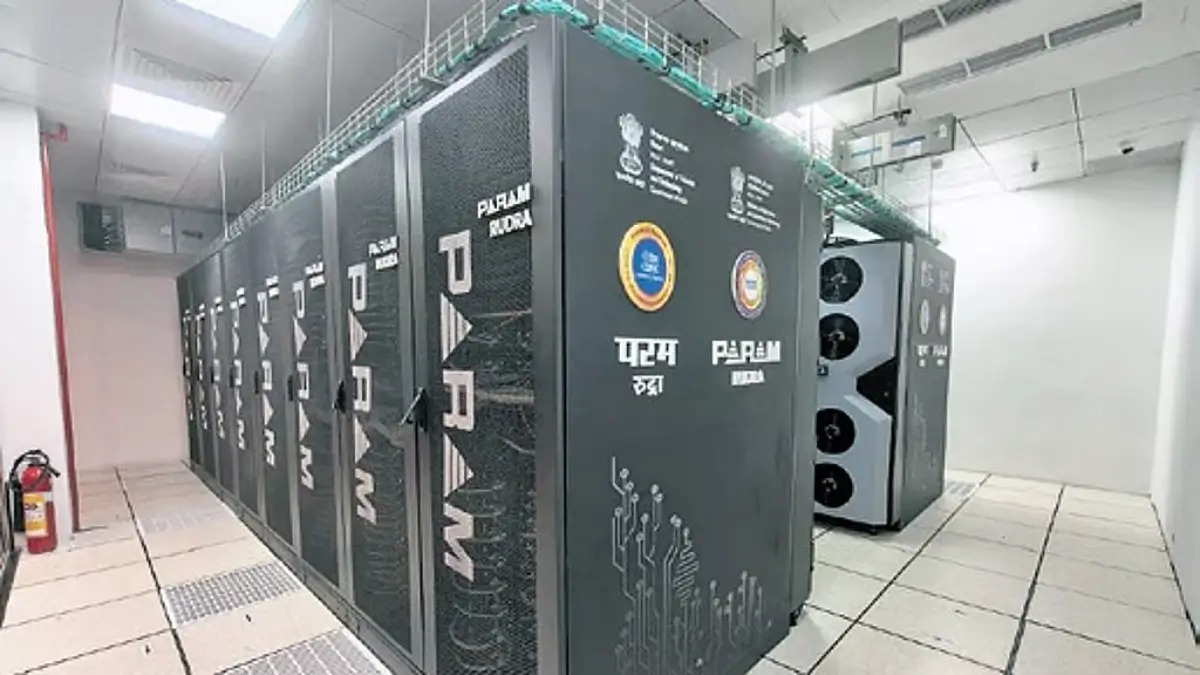Breaking Barriers: The First Female Autorickshaw Driver
Introduction: A Milestone in Gender Equality
In a historic move towards gender equality, the city of Pune has recently welcomed its first female autorickshaw driver, Priya Desai. This milestone not only marks a significant shift in societal norms but also paves the way for more women to venture into traditionally male-dominated professions. Priya’s journey symbolizes courage and determination, breaking through the barriers of gender inequality in the transportation sector.
The Journey of Priya Desai: From Dreams to Reality
Priya Desai, a 32-year-old resident of Pune, has always been passionate about driving. Despite facing numerous challenges, including societal pressure and financial constraints, Priya remained steadfast in her goal. With support from local women’s organizations and government initiatives aimed at empowering women, Priya completed her training and obtained her license. Her perseverance has not only enabled her to achieve her dreams but also to inspire many others to follow suit.
Societal Impact: Changing Perceptions
Priya’s achievement is expected to have a profound impact on societal perceptions of women in the workforce. Historically, women have been underrepresented in professions like autorickshaw driving, which is often viewed as a male-dominated field. Priya’s success is a testament to the changing attitudes towards gender roles and the increasing acceptance of women in various job sectors. This development is likely to encourage other women to pursue careers in fields traditionally reserved for men.
Support Systems and Government Initiatives
The journey of Priya Desai has been facilitated by various support systems and government initiatives aimed at promoting women’s empowerment. Local NGOs and government bodies have provided training, financial assistance, and moral support to women aspiring to enter unconventional professions. These efforts are crucial in creating an environment where women can thrive and contribute to the economy in diverse ways.
Future Prospects: Expanding Horizons
Priya’s success is just the beginning. The transportation sector in India is expected to see more women entering the field, thanks to increasing awareness and support. Future initiatives may include expanded training programs, financial incentives, and awareness campaigns to further encourage women to explore various career opportunities. As societal attitudes continue to evolve, we can expect a more inclusive workforce where women play a significant role in all sectors.

Why This News is Important
Empowering Women in Non-Traditional Roles
Priya Desai’s achievement as the first female autorickshaw driver in Pune is a significant step towards empowering women in non-traditional roles. Historically, professions like autorickshaw driving have been dominated by men, but Priya’s success showcases the potential for women to excel in these fields. This milestone highlights the importance of breaking gender barriers and promoting equal opportunities for women in all areas of work.
Promoting Gender Equality
The story of Priya Desai serves as a powerful example of progress towards gender equality. It challenges outdated stereotypes and demonstrates that women can succeed in roles traditionally reserved for men. This development is crucial in promoting gender equality and encouraging more women to pursue careers in diverse fields. It also reflects the positive impact of government and community support in facilitating such changes.
Inspiring Future Generations
Priya’s journey is likely to inspire future generations of women to pursue their dreams, regardless of societal expectations. By succeeding in a male-dominated field, Priya provides a role model for young women aspiring to break into unconventional professions. Her story underscores the importance of perseverance and support in achieving one’s goals and making a difference in society.
Enhancing Economic Participation
Increasing female participation in diverse job sectors, such as autorickshaw driving, contributes to broader economic growth. Women entering traditionally male-dominated fields can help address labor shortages and contribute to the economy in meaningful ways. Priya Desai’s success is a step towards enhancing women’s economic participation and ensuring a more inclusive workforce.
Catalyzing Policy Changes
Priya Desai’s achievement may also prompt policymakers to introduce more initiatives aimed at supporting women in non-traditional roles. Enhanced training programs, financial assistance, and awareness campaigns could become more prevalent, further encouraging women to explore various career opportunities. This news highlights the need for continued efforts in creating an inclusive environment for women in all sectors.
Historical Context: Women in Transportation
Traditional Gender Roles
Historically, the transportation sector in India, including autorickshaw driving, has been predominantly male. Traditional gender roles have often restricted women from pursuing careers in these fields, leading to a lack of representation and opportunities for women in the industry.
Government and NGO Initiatives
In recent years, various government and non-governmental organizations (NGOs) have introduced initiatives to promote women’s empowerment and increase their participation in non-traditional professions. These initiatives include training programs, financial support, and awareness campaigns aimed at breaking gender barriers and encouraging women to enter diverse fields.
Changing Attitudes
Societal attitudes towards women in the workforce have been evolving, with increasing acceptance of women in various job sectors. Priya Desai’s achievement reflects this shift and underscores the growing recognition of women’s capabilities in traditionally male-dominated roles.
Key Takeaways from Breaking Barriers: The First Female Autorickshaw Driver
| Serial Number | Key Takeaway |
|---|---|
| 1 | Priya Desai is Pune’s first female autorickshaw driver, marking a historic achievement in gender equality. |
| 2 | Priya’s journey faced societal and financial challenges, demonstrating her perseverance and determination. |
| 3 | Her success is expected to influence societal perceptions and encourage more women to pursue non-traditional careers. |
| 4 | Government and NGO support played a crucial role in facilitating Priya’s success, highlighting the importance of such initiatives. |
| 5 | Priya’s achievement may lead to increased female participation in the transportation sector and inspire future generations. |
Important FAQs for Students from this News
1. Who is Priya Desai?
Priya Desai is Pune’s first female autorickshaw driver, achieving a significant milestone in gender equality within traditionally male-dominated professions.
2. What challenges did Priya Desai face?
Priya faced several challenges, including societal pressure, financial constraints, and gender biases. Despite these obstacles, she pursued her dream with determination and support from local organizations.
3. How did government and NGO initiatives support Priya Desai?
Government and NGOs provided training, financial assistance, and moral support to Priya, facilitating her journey to becoming an autorickshaw driver. These initiatives are crucial in empowering women to enter non-traditional careers.
4. What impact is Priya Desai’s achievement expected to have?
Priya’s achievement is expected to challenge societal norms, inspire other women to pursue non-traditional careers, and contribute to changing perceptions about women in the workforce.
5. What are the broader implications of increasing female participation in non-traditional roles?
Increasing female participation in non-traditional roles can lead to enhanced economic growth, more inclusive work environments, and greater gender equality. It also addresses labor shortages and promotes diverse career opportunities for women.
Some Important Current Affairs Links

















